
Cloudflare's Warp VPN now available to all
Cloudflare introduced a privacy-focused DNS service last year, and rolled out a mobile app for it as well. The 1.1.1.1 app for Android and iOS aims to speed up and protect your mobile browsing by routing your DNS queries through its own resolver.
Earlier in the year the company announced a VPN service to go along with this called Warp, and invited users to sign up to a waiting list. It was a very long list though -- I was number 1,932,244! The good news today though is the wait is now over and anyone can start using Warp.
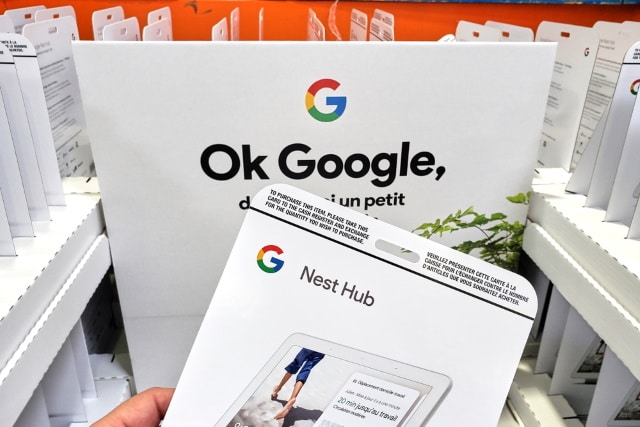
Google to automatically delete more audio recorded by Assistant and introduce new privacy protections
Digital assistants have been in the spotlight recently after various stories about contractors listening to recordings. Following a backlash from users and privacy advocates, Google has announced a number of changes to how it stores and processes audio data.
The company also takes the time to explain a little bit more about how it processes audio recordings and to reveal the new privacy protections it will use in the recording transcription process.
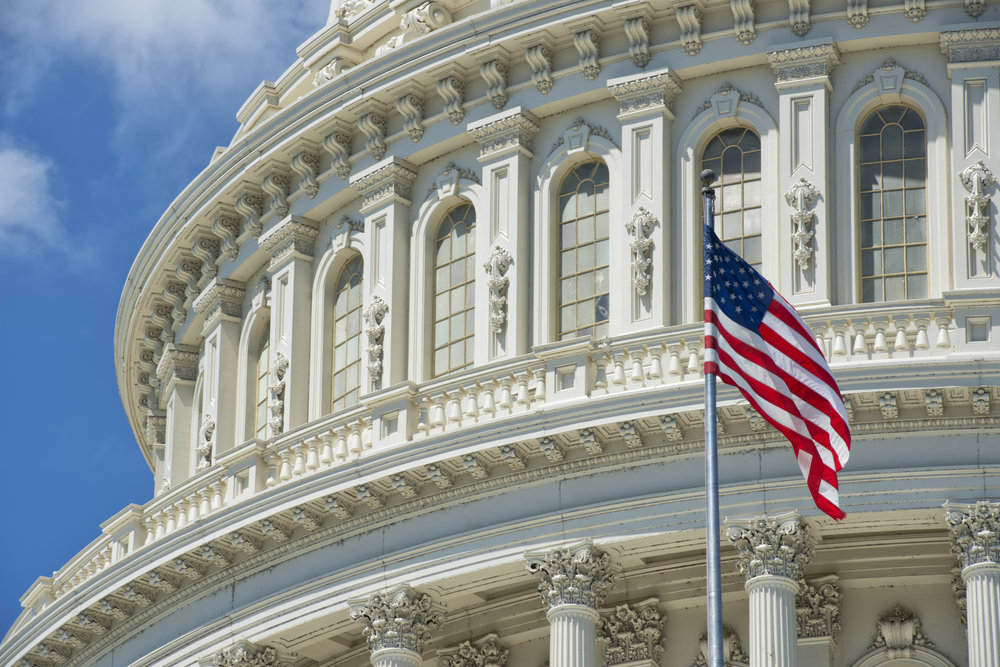
Over three-quarters of US citizens accept government agencies sharing their data
Most US citizens acknowledge and accept that state and local government agencies share their personal data, even when it comes to personal information such as criminal records and income, according to a new survey conducted by YouGov and sponsored by Unisys Corporation.
The survey of nearly 2,000 people across eight states finds that more than three-quarters (77 percent) accept that their data is being shared between government agencies.
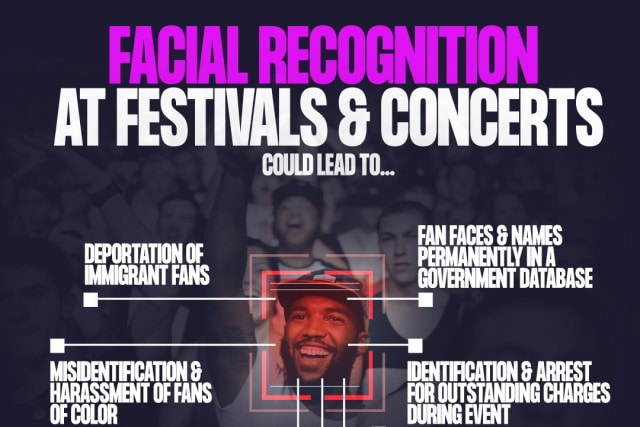
Fight for the Future launches new campaign to oppose the use of facial recognition tech at music festivals and gigs
Digital rights and advocacy group Fight for the Future has launched a campaign protesting against the use of facial recognition technology at music events.
Big names such as Tom Morello, Gramatik and Amanda Palmer are backing the campaign which calls upon the likes of Ticketmaster to commit to not using the invasive surveillance technique at their festivals and concerts.

Facebook may know when you're having sex
Few people would argue with the assertion that Facebook knows a lot about its users. The social network is hard to avoid, but could it really know when you have sex?
The answer, it seems, is yes. This is not -- you'll be very pleased to hear -- because Facebook is listening to you or using your webcam to spy on you. Rather it is down to period-tracking apps. A study by Privacy International shows that a number of apps used to track menstrual cycles can share a huge amount of highly personal information with the social media company.
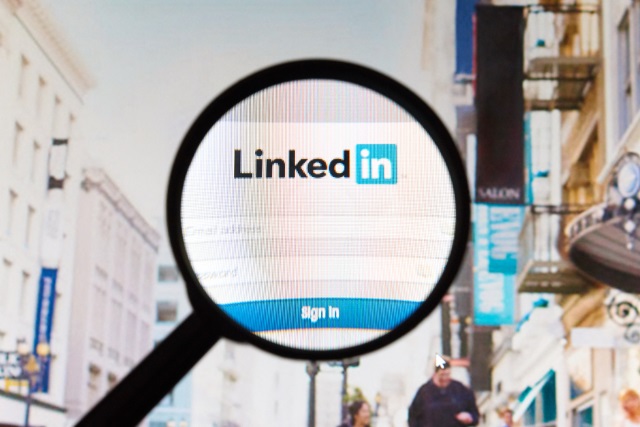
Appeals court upholds ruling that permits public data to be scraped from LinkedIn profiles
Microsoft has lost an appeal aimed at preventing companies from scraping public data from LinkedIn profiles.
Back in 2017, Microsoft sought to block hiQ Labs Inc from using bots to gather information from profiles which it then used to help employers predict if or when people will quit their jobs. At the time, a court ruled that Microsoft could not block hiQ Labs from scraping data in this way; now an appeal court has upheld the original decision.

IT security professionals don't trust politicians to produce effective regulations
Trust in politicians is at something of a low at the moment and at the same time we regularly see them calling for cyber measures, like backdoors to encryption, without seemingly understanding the implications.
The results of a new survey therefore shouldn't come as too much of a surprise.
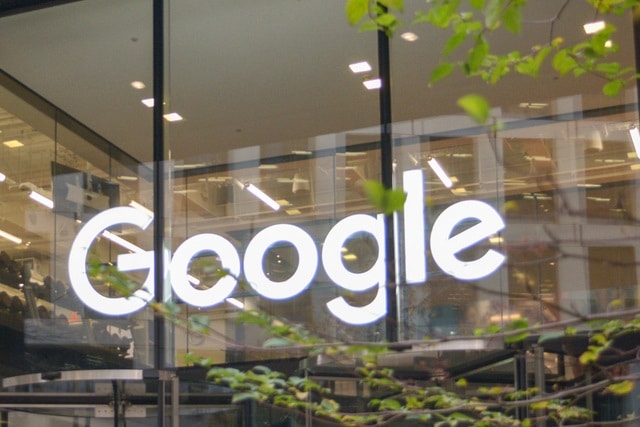
Google open sources its differential privacy framework
Google has today announced the launch of an open-source version of the differential privacy framework that powers many of the company’s data analysis systems.
Differentially-private data analysis is an approach that enables organizations to learn from the majority of their data while simultaneously ensuring that those results don't allow any individual's data to be distinguished or re-identified.

Brave browser accuses Google of using hidden web pages to track users
Google stands accused of using hidden web pages to circumvent EU privacy regulations, secretly sending users' personal data to advertisers.
The accusation comes from the privacy-focused Brave web browser which says it has, "uncovered what appears to be a GDPR workaround that circumvents Google's own publicly stated GDPR data safeguards". Evidence has been handed to the Irish Data Protection Commission that allegedly shows Google using hidden web pages to share data on its Authorized Buyers exhange, formally known as DoubleClick.
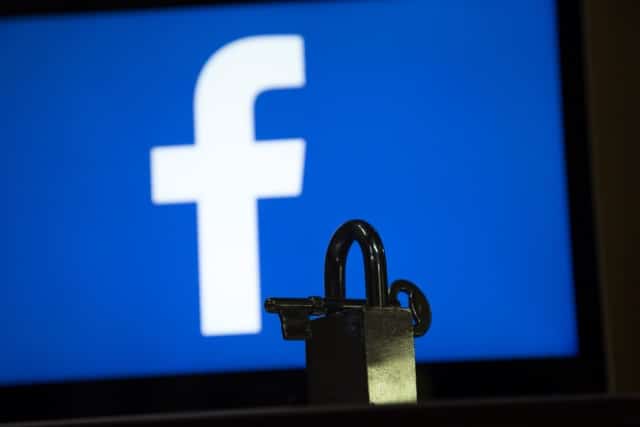
Massive Facebook leak exposes 419 million users' phone numbers
In its latest privacy lapse, Facebook has exposed the phone numbers of hundreds of millions of users on an unsecured server.
Databases on the server were not password-protected, and included details of 133 million US users, 50 million in Vietnam, and 18 million in the UK. In all 419 million records could be accessed by anyone looking in the right place.
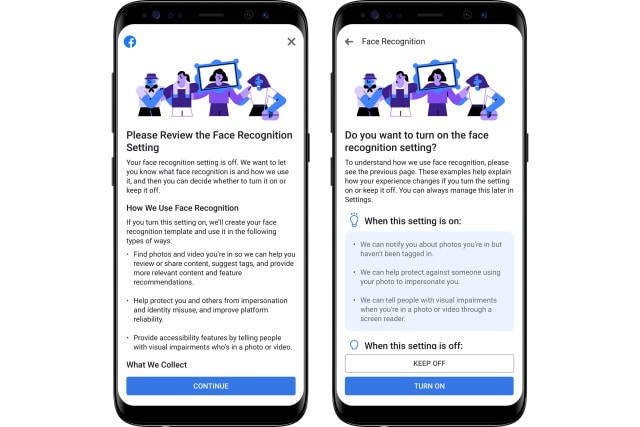
Facebook now lets you opt out of automatic facial recognition
Facebook has announced changes to its facial recognition feature as it rolls out globally. The feature is used to automatically identify and tag people in photographs uploaded to the social network.
Acknowledging concerns about privacy, the company is making it easier to opt out of the "Tag Suggestions" feature which was introduced to a subset of users back in 2017. Now known as Face Recognition, new users will be given the chance to opt out from the word go, while anyone who has (or had) Tag Suggestions enabled will be informed of the change and asked whether it should be on or off.

Privacy concerns mount over Chinese face-swap app Zao
Zao -- a Chinese face-swapping app with the potential to be used to create deepfakes -- went viral over the weekend, shooting to the top of the App Store download charts. But concerns have been raised not only over the potential for the app to be abused, but also over its privacy policies.
Of particular concern are clauses which grant the developers "free, irrevocable, permanent, transferable, and relicense-able" rights over users' photos. Zao responded by tweaking its privacy policy, but complaints are still flooding in.

Foxit Software reveals data breach that exposed users' email addresses, passwords and more
Foxit Software has revealed that it "recently" suffered a security breach in which private user data was exposed to unnamed third parties. Those whose account have been affected are being contacted and "encouraged to change their passwords".
The company -- famed for PDF applications such as Foxit Reader and PhantomPDF -- does not say when the incident took place, nor how many users are affected, but it explains that "My Account" section of user accounts was exposed. This includes data such as email addresses, passwords, users' names, phone numbers, company names and IP addresses, but not payment information.

Big brother Elon isn't watching you -- but maybe he should be!
In an effort to reassure privacy advocates, Tesla announced that its new automobile insurance product for owners of the company’s popular electric vehicles will not use onboard sensor data from said vehicles in determining policy premiums. The fear was that the company would use the voluminous data collected by every Tesla Model 3, S or X to pre-judge the risk associated with specific drivers and penalize those who've demonstrated a propensity for speeding or other aggressive behavior.
Most news outlets are reporting this as a win for consumers, another bit of pushback against our intrusive, surveillance-state of a world. But my question is: Why? Or, rather, why not?

Apple apologizes for having contractors listen to Siri recordings and announces privacy changes
Following outcry over human "grading" of Siri recordings, Apple has issued an apology and promised that it will no longer retain recordings of interaction with the digital assistant unless given explicit permission.
The company says that "we haven't been fully living up to our high ideals, and for that we apologize". Having suspended the human grading of Siri requests, Apple is now making fundamental changes to its privacy policy saying that only Apple employees will be able to listen to recordings, as opposed to contractors, and users will have to opt in for this to happen.
